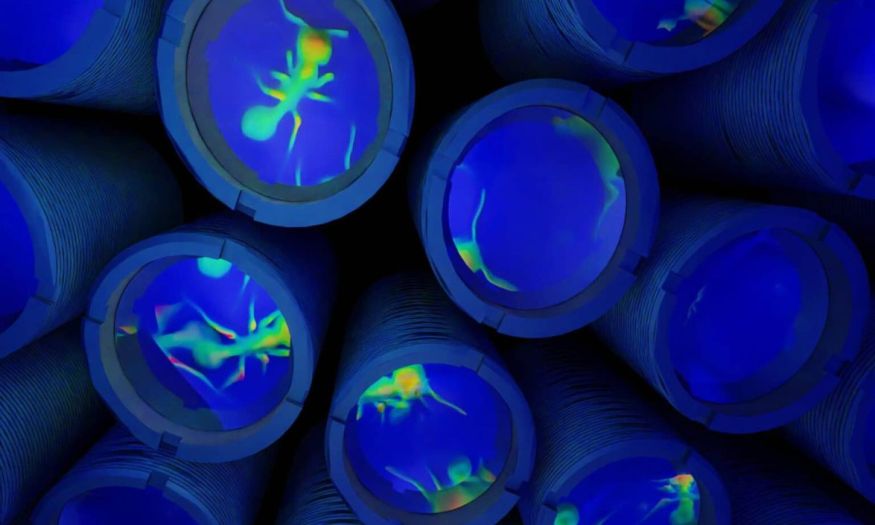Overview
Leslie M. Collins earned the BSEE degree from the University of Kentucky, and the MSEE, and PhD degrees from the University of Michigan, Ann Arbor. From 1986 through 1990 she was a Senior Engineer at Westinghouse Research and Development Center in Pittsburgh, PA. She joined Duke in 1995 as an Assistant Professor and was promoted to Associate Professor in 2002 and to Professor in 2007. Her research interests include physics-based statistical signal processing, subsurface sensing, auditory prostheses and pattern recognition. She is a member of the Tau Beta Pi, Sigma Xi, and Eta Kappa Nu honor societies. Dr. Collins has been a member of the team formed to transition MURI-developed algorithms and hardware to the Army HSTAMIDS and GSTAMIDS landmine detection systems. She has been the principal investigator on research projects from ARO, NVESD, SERDP, ESTCP, NSF, and NIH. Dr. Collins was the PI on the DoD UXO Cleanup Project of the Year in 2000. As of 2015, Dr. Collins has graduated 15 PhD students.
Current Appointments & Affiliations
Professor of Electrical and Computer Engineering
·
2007 - Present
Electrical and Computer Engineering,
Pratt School of Engineering
Professor in the Department of Head and Neck Surgery & Communication Sciences
·
2021 - Present
Head and Neck Surgery & Communication Sciences,
Clinical Science Departments
Professor of Biomedical Engineering
·
2024 - Present
Biomedical Engineering,
Pratt School of Engineering
Faculty Network Member of the Duke Institute for Brain Sciences
·
2011 - Present
Duke Institute for Brain Sciences,
University Institutes and Centers
Recent Publications
Are deep learning models robust to partial object occlusion in visual recognition tasks?
Journal Article Pattern Recognition · March 1, 2026 Image classification models, including convolutional neural networks (CNNs), perform well on a variety of classification tasks but struggle under conditions of partial occlusion of relevant objects. Methods to improve performance under occlusion, including ... Full text CiteAssessing the Impact of Population Data Domain Differences on Transfer Learning in P300-based Brain-Computer Interfaces
Conference Proceedings of the Aaai Conference on Artificial Intelligence · April 11, 2025 Brain-computer interfaces (BCIs) can provide a means of communication for individuals with severe neuromuscular diseases, the target end-users. While personalized BCI machine learning models are the current standard, models trained on data from other users ... Full text CiteMeta-Learning for Color-to-Infrared Cross-Modal Style Transfer
Conference Proceedings 2025 IEEE Winter Conference on Applications of Computer Vision Wacv 2025 · January 1, 2025 Recent object detection models for infrared (IR) imagery are based upon deep neural networks (DNNs) and require large amounts of labeled training imagery. However, publicly available datasets that can be used for such training are limited in their size and ... Full text CiteRecent Grants
BREEZE: New Ventricular Direct Cooling Stylet to Mitigate Secondary Brain Injury
ResearchCo Investigator · Awarded by National Institutes of Health · 2022 - 2025InstaJam: every airman a sensor - jamming classification, localization, and visualization
ResearchCo-Principal Investigator · Awarded by InstaJam, LLC · 2023 - 2025Leveraging Natural Language Processing for Reverberant Speech Enhancement in Cochlear Implants
ResearchPrincipal Investigator · Awarded by National Institutes of Health · 2023 - 2025View All Grants
Education, Training & Certifications
University of Michigan, Ann Arbor ·
1995
Ph.D.
University of Michigan, Ann Arbor ·
1986
M.Sc.Eng.
University of Kentucky ·
1985
B.S.E.


